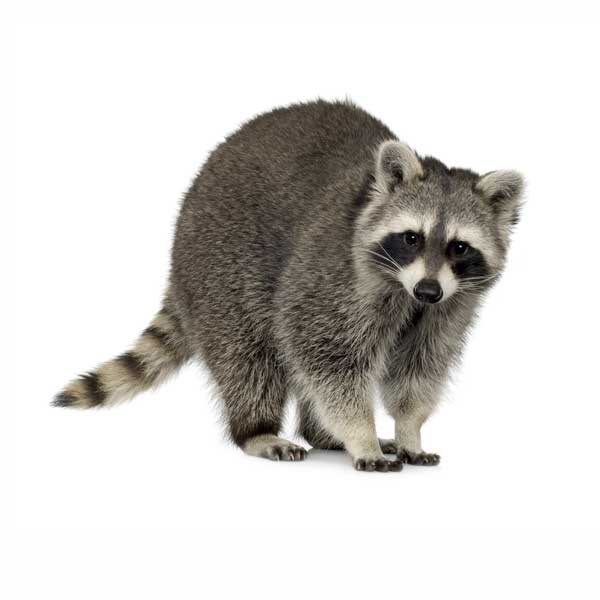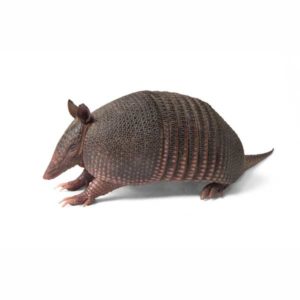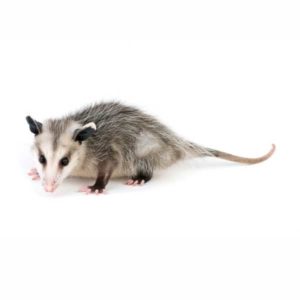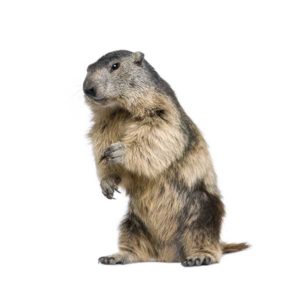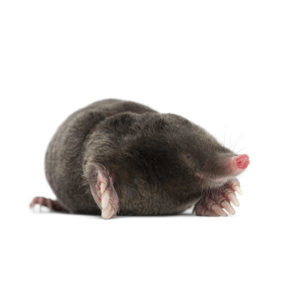Raccoons in Salina
Raccoons are stocky mammals with distinctive black “mask” markings over their eyes. Found throughout most of the United States, including here in Salina, raccoons are nomadic, but only within their established territory. They do not dig or make nests but prefer to mark locations, remembering them as available shelters. Raccoons are active year-round but may take cover in dens during severe winter weather. For homeowners, raccoons are a nuisance pest for their “backyard bandit” traits, rummaging through garbage cans, popping kiddie pools, and generally causing mayhem.
Raccoon Habitat
Raccoons prefer wooded areas near water and natural habitats, sleeping in abandoned burrows, and the crooks of trees. In urban settings, raccoons will make their homes in empty crawl spaces, underneath porches, and within attics. Raccoons roam around rural and urban areas scouting new locations and evaluating for food potential. They will eat almost anything, including insects, fruit, vegetables, and small animals, if necessary. Raccoons are nocturnal and notorious for raiding garbage cans during overnight hours. Raccoons are attracted to gardens or homes because they offer a food resource and potential den sites.
Raccoon Behaviors, Threats, or Dangers
While not all raccoons have rabies, raccoons, in general, are major hosts of rabies in the U.S., especially in the eastern part of the country where their populations are increasing. Pets should be properly vaccinated to mitigate this threat. Raccoons will kill poultry, destroy bird nests, and damage gardens or crops. They can destroy a home’s insulation, wood, shingles, electrical wiring, and walls as they try to create dens. Droppings, urine stains, or built-up materials from creating a nest are other signs of raccoon activity. Their droppings can contain a parasite that’s highly dangerous to people and pets. If you are having an issue with raccoons, it is best to consult a professional wildlife control company for removal.

